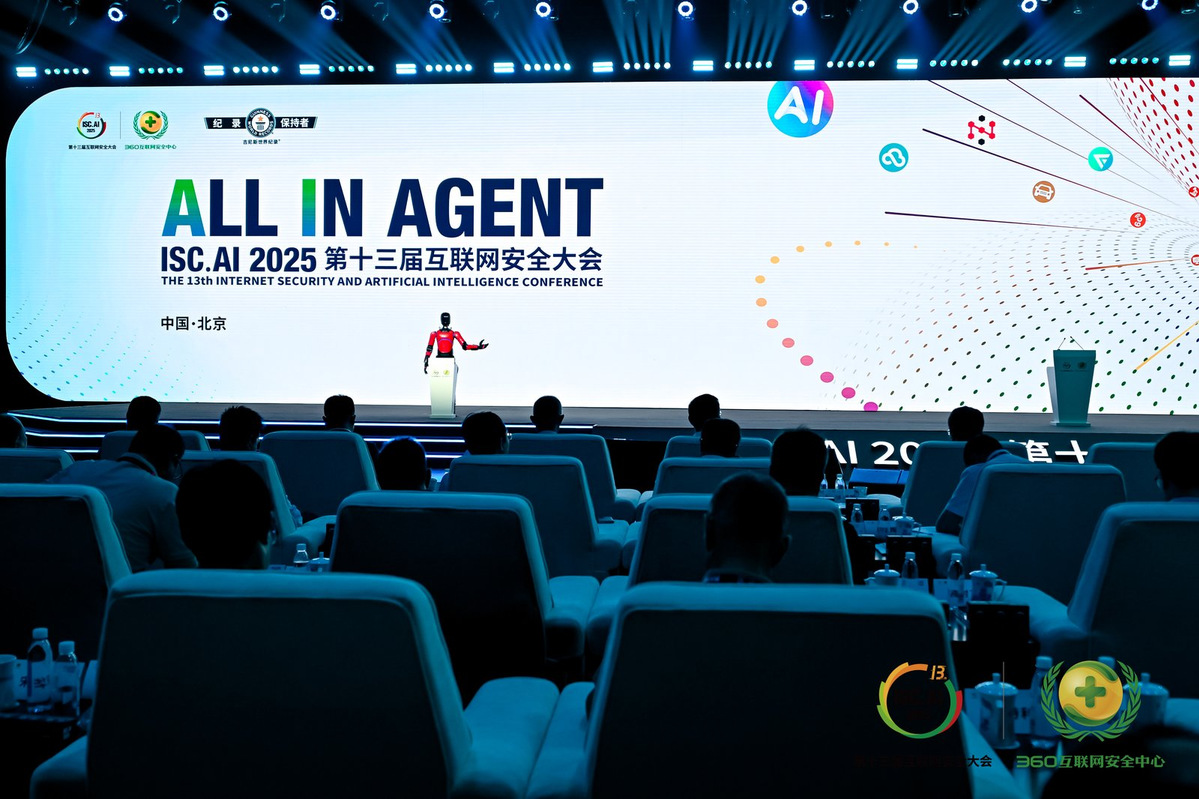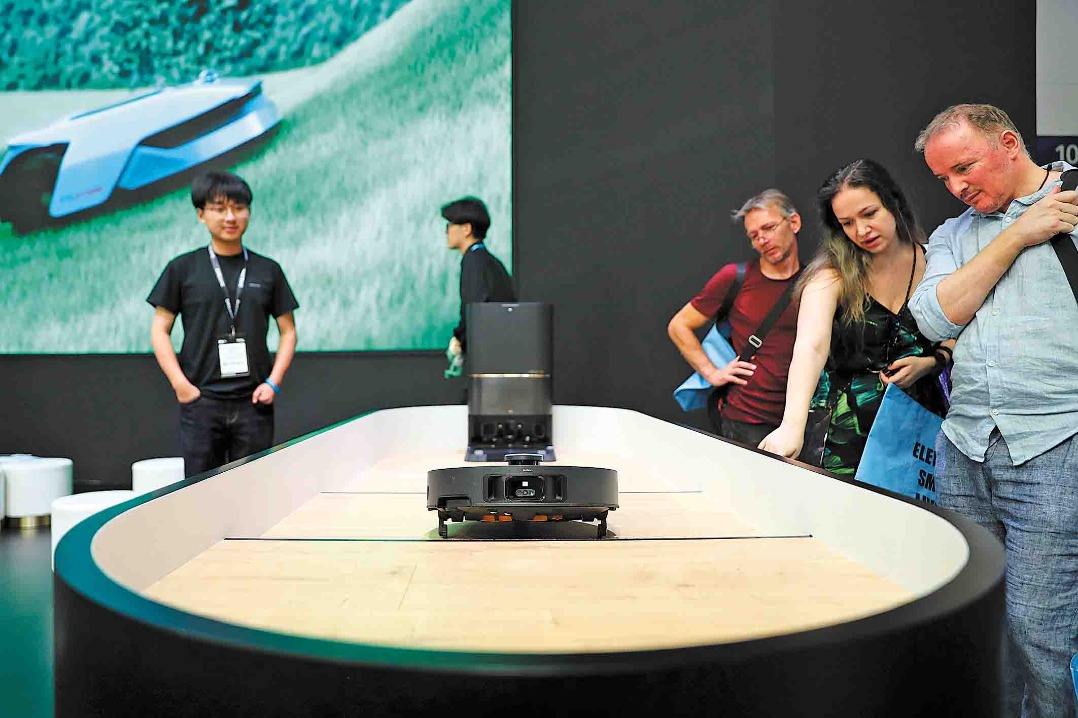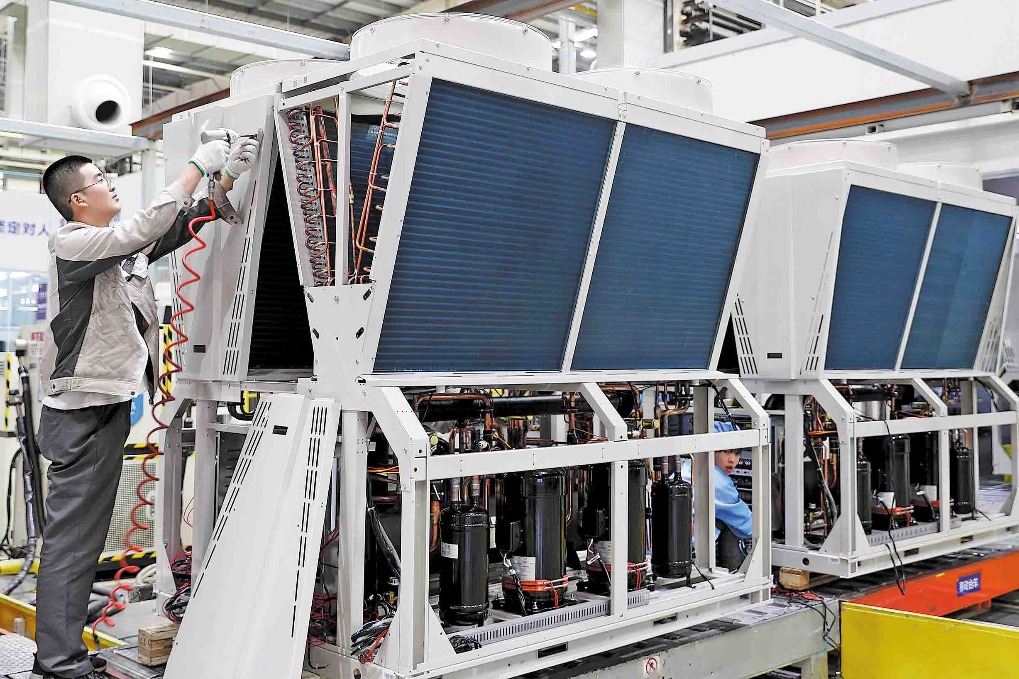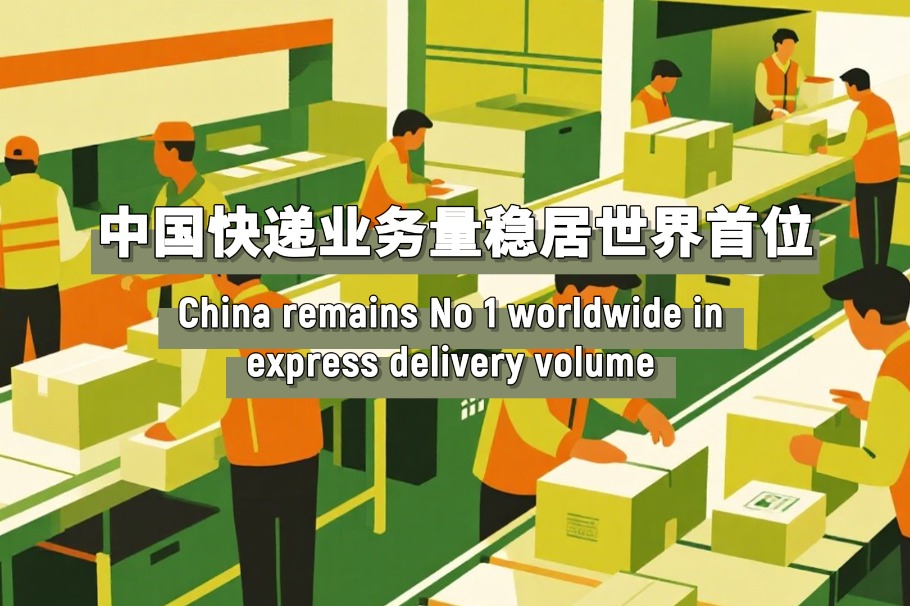AI roadmap key to staving off challenges


It is crucial to promote a comprehensive roadmap for the development of artificial intelligence that prioritizes secure innovation, as AI is expected to bring new challenges, industry experts and company executives said on Wednesday.
Luo Laijun, vice-chairman of the All-China Federation of Industry and Commerce, said: "Healthy AI development demands innovation as the primary driver, security as the nonnegotiable baseline, and universal benefit as our core value."
Luo made the comments at the 13th Internet Security Conference in Beijing on Wednesday.
He called upon private enterprises to actively strengthen national cybersecurity ecosystems and participate in constructing end-to-end governance frameworks spanning technology research, practical implementation and security protocols.
Luo emphasized that developing internationally recognized standards would establish essential "safety belts" for the industry's sustainable advancement, urging companies to embrace their roles as "promoters, builders, and guardians" of digital security.
Echoing this imperative, Zhao Zhiguo, former chief engineer at the Ministry of Industry and Information Technology, described the integration of AI and cybersecurity as an unavoidable responsibility rather than an optional strategy.
"This fusion represents our era's defining challenge," Zhao said, stressing the critical need for "deep industrial integration and mutual empowerment" between sectors.
He advocated for collaborative governance mechanisms to unify security capabilities across the technological landscape, framing this synergy as essential for national resilience.
Zhou Hongyi, founder of Chinese internet enterprise 360 Security Group, delivered a pivotal critique of the limitations of generative AI, noting that despite remarkable advances, "powerful models alone remain insufficient tools".
He said foundational models lack executive capability.
"Without operational 'hands and feet', they cannot complete real-world tasks — risking their status as sophisticated toys rather than true productivity engines."
Zhou positioned AI agents as the inevitable evolutionary breakthrough, explaining their unique capacity to "comprehend objectives, strategize actions, utilize digital tools, and deliver complete solutions."
His company responded to this gap with the launch of an "agent factory", an accessible platform allowing enterprises to create customized AI agents using natural language commands without programming expertise.
Zhou issued a stark warning about emerging cybersecurity vulnerabilities accelerated by agent technology. "While the global shortage of security experts persists, we now confront 'agent hackers' — individual attackers commanding hundreds of AI agents to launch automated assaults at unprecedented scale," he cautioned.
In response, 360 Security Group has introduced security-specific agents designed to replicate human expert capabilities. "By equipping our security brain with operational limbs," Zhou explained, "we achieve qualitative breakthroughs in threat response — effectively cloning elite analysts' decision-making prowess."
masi@chinadaily.com.cn




































